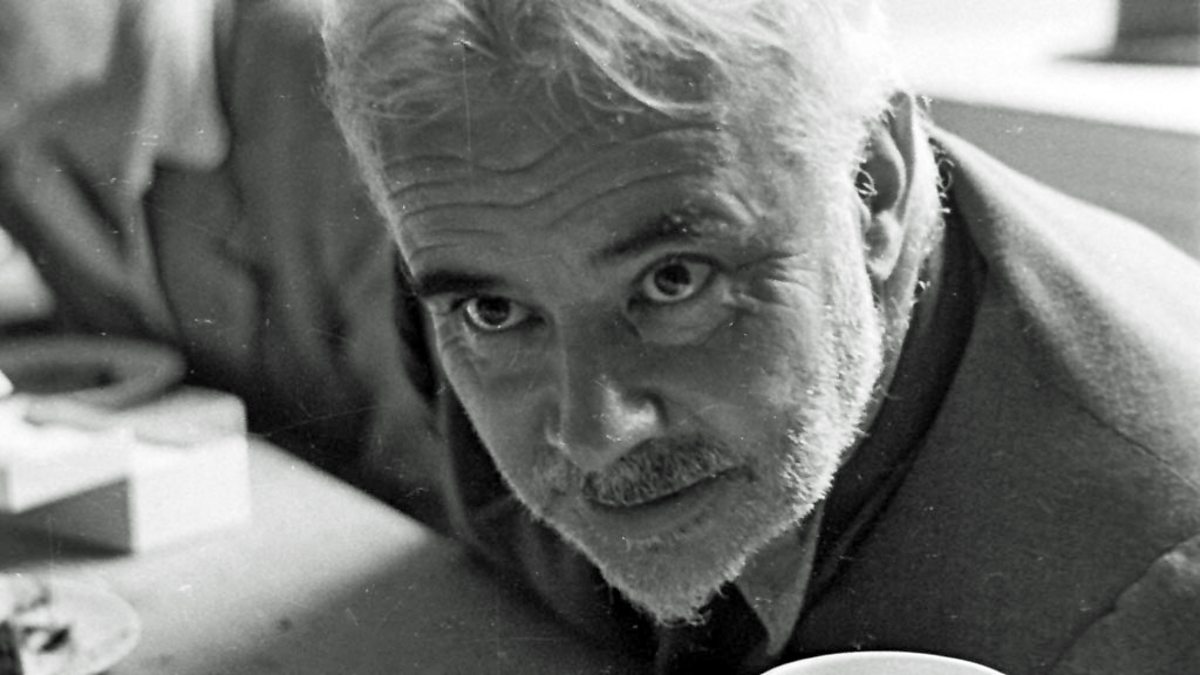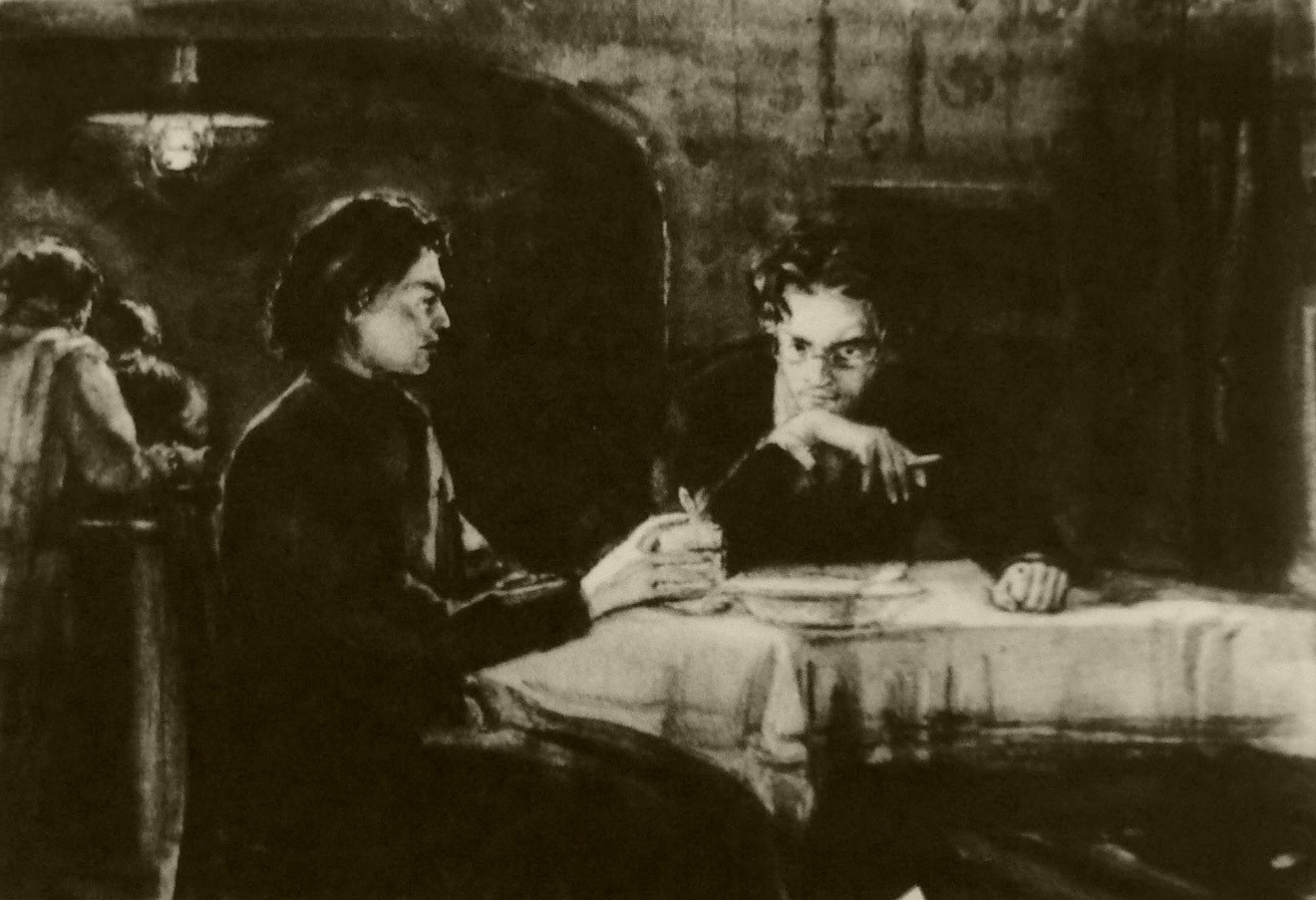by Richard Dawkins
There is in every village a torch – the teacher: and an extinguisher – the clergyman.
—Victor Hugo
I begin with an anecdote of nineteenth-century Italy. I am not implying that anything like this awful story could happen today. But the attitudes of mind that it betrays are lamentably current, even though the practical details are not. This nineteenth-century human tragedy sheds a pitiless light on present-day religious attitudes to children.
In 1858 Edgardo Mortara, a six-year-old child of Jewish parents living in Bologna, was legally seized by the papal police acting under orders from the Inquisition. Edgardo was forcibly dragged away from his weeping mother and distraught father to the Catechumens (house for the conversion of Jews and Muslims) in Rome, and thereafter brought up as a Roman Catholic. Aside from occasional brief visits under close priestly supervision, his parents never saw him again. The story is told by David I. Kertzer in his remarkable book, The Kidnapping of Edgardo Mortara.
Edgardo’s story was by no means unusual in Italy at the time, and the reason for these priestly abductions was always the same. In every case, the child had been secretly baptized at some earlier date, usually by a Catholic nursemaid, and the Inquisition later came to hear of the baptism. It was a central part of the Roman Catholic belief-system that, once a child had been baptized, however informally and clandestinely, that child was irrevocably transformed into a Christian. In their mental world, to allow a ‘Christian child’ to stay with his Jewish parents was not an option, and they maintained this bizarre and cruel stance steadfastly, and with the utmost sincerity, in the face of worldwide outrage. That widespread outrage, by the way, was dismissed by the Catholic newspaper Civiltà Cattolica as due to the international power of rich Jews – sounds familiar, doesn’t it?
Apart from the publicity it aroused, Edgardo Mortara’s history was entirely typical of many others. He had once been looked after by Anna Morisi, an illiterate Catholic girl who was then fourteen. He fell ill and she panicked lest he might die. Brought up in a stupor of belief that a child who died unbaptized would suffer forever in hell, she asked advice from a Catholic neighbour who told her how to do a baptism. She went back into the house, threw some water from a bucket on little Edgardo’s head and said, ‘I baptize you in the name of the Father and of the Son and of the Holy Ghost.’ And that was it. From that moment on, Edgardo was legally a Christian. When the priests of the Inquisition learned of the incident years later, they acted promptly and decisively, giving no thought to the sorrowful consequences of their action.
Amazingly for a rite that could have such monumental significance for a whole extended family, the Catholic Church allowed (and still allows) anybody to baptize anybody else. The baptizer doesn’t have to be a priest. Neither the child, nor the parents, nor anybody else has to consent to the baptism. Nothing need be signed. Nothing need be officially witnessed. All that is necessary is a splash of water, a few words, a helpless child, and a superstitious and catechistically brainwashed babysitter. Actually, only the last of these is needed because, assuming the child is too young to be a witness, who is even to know? An American colleague who was brought up Catholic writes to me as follows: ‘We used to baptize our dolls. I don’t remember any of us baptizing our little Protestant friends but no doubt that has happened and happens today. We made little Catholics of our dolls, taking them to church, giving them Holy Communion etc. We were brainwashed to be good Catholic mothers early on.’
If nineteenth-century girls were anything like my modern correspondent, it is surprising that cases like Edgardo Mortara’s were not more common than they were. As it was, such stories were distressingly frequent in nineteenth-century Italy, which leaves one asking the obvious question. Why did the Jews of the Papal States employ Catholic servants at all, given the appalling risk that could flow from doing so? Why didn’t they take good care to engage Jewish servants? The answer, yet again, has nothing to do with sense and everything to do with religion. The Jews needed servants whose religion didn’t forbid them to work on the sabbath. A Jewish maid could indeed be relied upon not to baptize your child into a spiritual orphanage. But she couldn’t light the fire or clean the house on a Saturday. This was why, of the Bolognese Jewish families at the time who could afford servants, most hired Catholics.
In this book, I have deliberately refrained from detailing the horrors of the Crusades, the conquistadores or the Spanish Inquisition. Cruel and evil people can be found in every century and of every persuasion. But this story of the Italian Inquisition and its attitude to children is particularly revealing of the religious mind, and the evils that arise specifically because it is religious. First is the remarkable perception by the religious mind that a sprinkle of water and a brief verbal incantation can totally change a child’s life, taking precedence over parental consent, the child’s own consent, the child’s own happiness and psychological well-being . . . over everything that ordinary common sense and human feeling would see as important. Cardinal Antonelli spelled it out at the time in a letter to Lionel Rothschild, Britain’s first Jewish Member of Parliament, who had written to protest about Edgardo’s abduction. The cardinal replied that he was powerless to intervene, and added, ‘Here it may be opportune to observe that, if the voice of nature is powerful, even more powerful are the sacred duties of religion.’ Yes, well, that just about says it all, doesn’t it?
Second is the extraordinary fact that the priests, cardinals and Pope seem genuinely not to have understood what a terrible thing they were doing to poor Edgardo Mortara. It passes all sensible understanding, but they sincerely believed they were doing him a good turn by taking him away from his parents and giving him a Christian upbringing. They felt a duty of protection! A Catholic newspaper in the United States defended the Pope’s stance on the Mortara case, arguing that it was unthinkable that a Christian government ‘could leave a Christian child to be brought up by a Jew’ and invoking the principle of religious liberty, ‘the liberty of a child to be a Christian and not forced compulsorily to be a Jew . . . The Holy Father’s protection of the child, in the face of all the ferocious fanaticism of infidelity and bigotry, is the grandest moral spectacle which the world has seen for ages.’ Has there ever been a more flagrant misdirection of words like ‘forced’, ‘compulsorily’, ‘ferocious’, ‘fanaticism’ and ‘bigotry’? Yet all the indications are that Catholic apologists, from the Pope down, sincerely believed that what they were doing was right: absolutely right morally, and right for the welfare of the child. Such is the power of (mainstream, ‘moderate’) religion to warp judgement and pervert ordinary human decency. The newspaper Il Cattolico was frankly bewildered at the widespread failure to see what a magnanimous favour the Church had done Edgardo Mortara when it rescued him from his Jewish family:
Whoever among us gives a little serious thought to the matter, compares the condition of a Jew – without a true Church, without a King, and without a country, dispersed and always a foreigner wherever he lives on the face of the earth, and moreover, infamous for the ugly stain with which the killers of Christ are marked . . . will immediately understand how great is this temporal advantage that the Pope is obtaining for the Mortara boy.
Third is the presumptuousness whereby religious people know, without evidence, that the faith of their birth is the one true faith, all others being aberrations or downright false. The above quotations give vivid examples of this attitude on the Christian side. It would be grossly unjust to equate the two sides in this case, but this is as good a place as any to note that the Mortaras could at a stroke have had Edgardo back, if only they had accepted the priests’ entreaties and agreed to be baptized themselves. Edgardo had been stolen in the first place because of a splash of water and a dozen meaningless words. Such is the fatuousness of the religiously indoctrinated mind, another pair of splashes is all it would have taken to reverse the process. To some of us, the parents’ refusal indicates wanton stubbornness. To others, their principled stand elevates them into the long list of martyrs for all religions down the ages.
‘Be of good comfort Master Ridley and play the man: we shall this day by God’s grace light such a candle in England, as I trust shall never be put out.’ No doubt there are causes for which to die is noble. But how could the martyrs Ridley, Latimer and Cranmer let themselves be burned rather than forsake their Protestant Little-endianism in favour of Catholic Big-endianism – does it really matter all that much from which end you open a boiled egg? Such is the stubborn – or admirable, if that is your view – conviction of the religious mind, that the Mortaras could not bring themselves to seize the opportunity offered by the meaningless rite of baptism. Couldn’t they cross their fingers, or whisper ‘not’ under their breath while being baptized? No, they couldn’t, because they had been brought up in a (moderate) religion, and therefore took the whole ridiculous charade seriously. As for me, I think only of poor little Edgardo – unwittingly born into a world dominated by the religious mind, hapless in the crossfire, all but orphaned in an act of well-meaning but, to a young child, shattering cruelty.
Fourth, to pursue the same theme, is the assumption that a six-year-old child can properly be said to have a religion at all, whether it is Jewish or Christian or anything else. To put it another way, the idea that baptizing an unknowing, uncomprehending child can change him from one religion to another at a stroke seems absurd – but it is surely not more absurd than labelling a tiny child as belonging to any particular religion in the first place. What mattered to Edgardo was not ‘his’ religion (he was too young to possess thought-out religious opinions) but the love and care of his parents and family, and he was deprived of those by celibate priests whose grotesque cruelty was mitigated only by their crass insensitivity to normal human feelings – an insensitivity that comes all too easily to a mind hijacked by religious faith.
Even without physical abduction, isn’t it always a form of child abuse to label children as possessors of beliefs that they are too young to have thought about? Yet the practice persists to this day, almost entirely unquestioned.
Source: Richard Dawkins, The God Delusion. 2006




